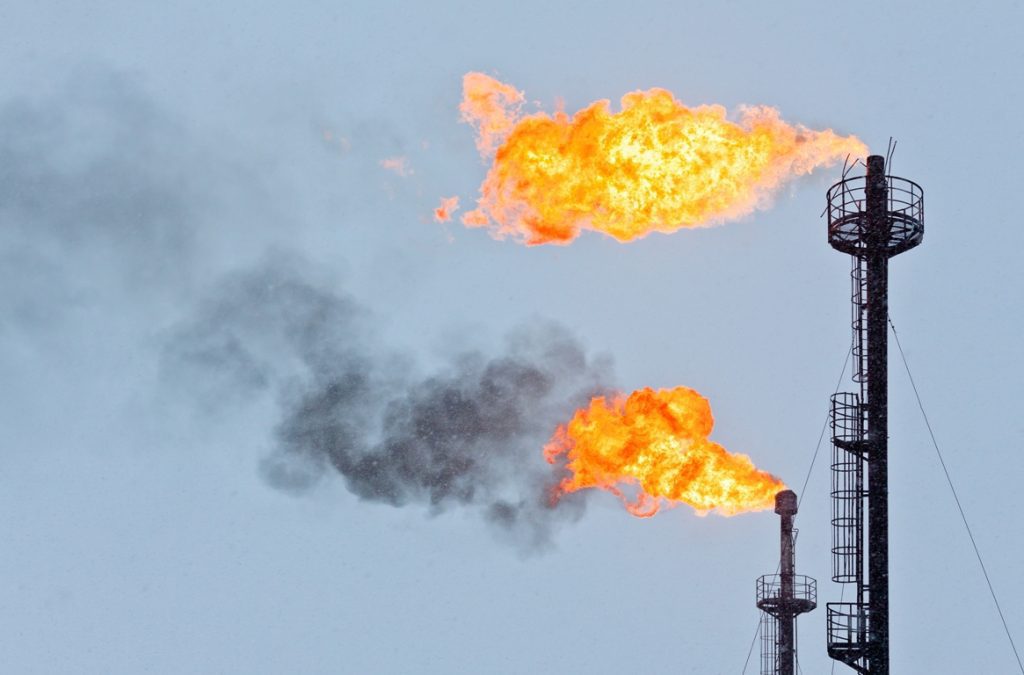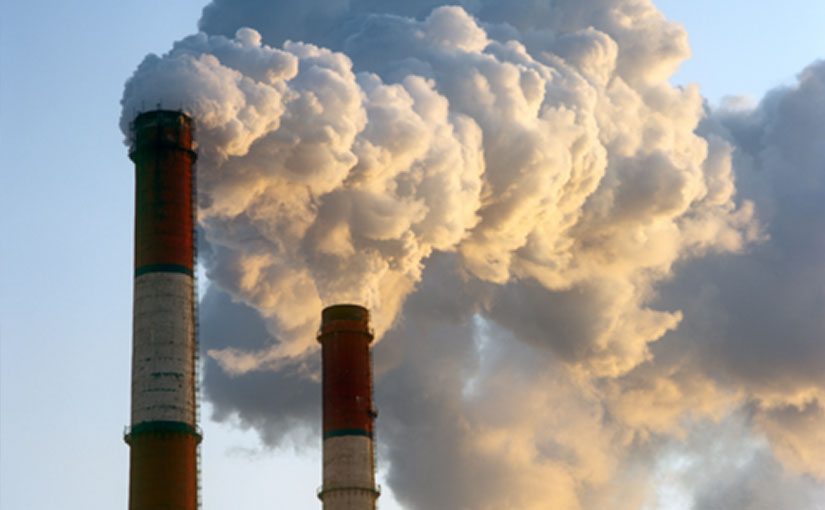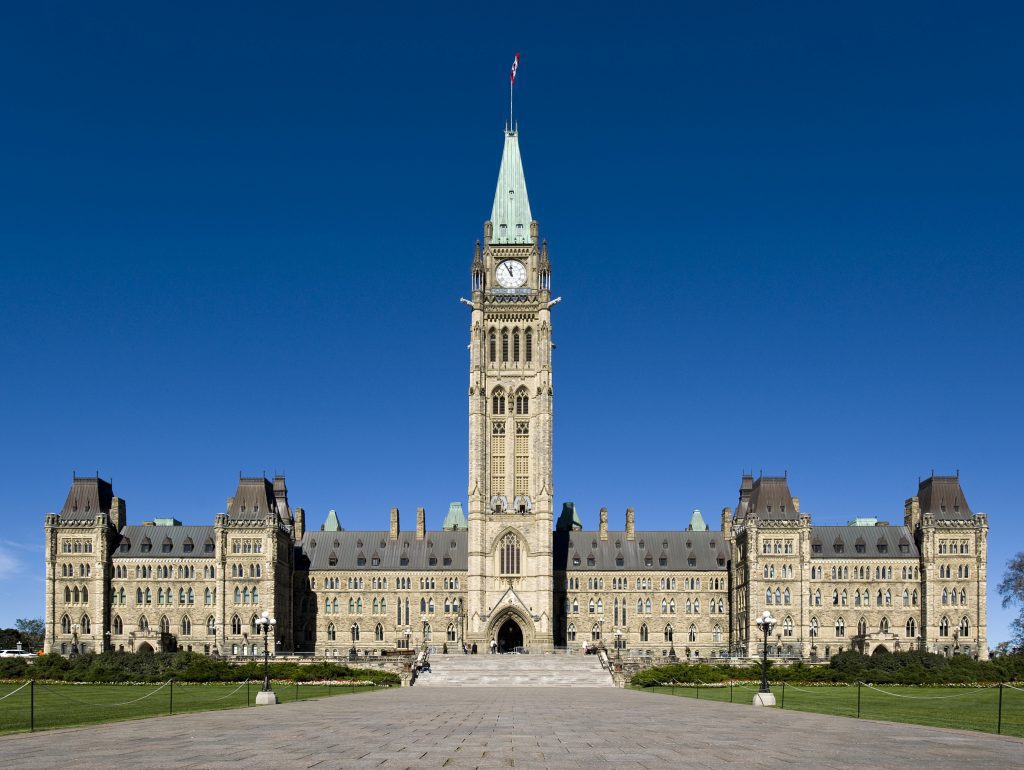The world’s leading energy think tank, the International Energy Agency, (IEA) released some startling findings this week showing that the global oil and gas industry could cut up to half of its methane emissions at no net cost. How important are these findings? According to the IEA, reducing these zero-cost emissions would have the same climate benefit over the course of this century as immediately shutting down all of China’s coal-fired power plants.


Reducing methane gas emissions is very good for the climate. Methane is a potent greenhouse gas – more than 80 times more potent than carbon dioxide over the short term. And there is a solution – cost-effective technologies to reduce methane emissions are readily available today. Moreover, since methane is the main component of natural gas, the gas that is no longer being wasted can be used or sold, improving the industry’s revenues. So reducing methane emission is a win for the environment and for industry.
That’s why there’s no excuse for Canada’s federal government to delay parts of its proposed methane regulations until 2023. Rather, it should strengthen its draft regulations and have them come into force as soon as possible to reduce methane emissions faster. And the industry should turn its attention to finding ways to benefit from the regulations rather than working to weaken them even further.
The new data also shows that it is currently feasible to reduce three-quarters of global methane emissions from the oil and gas sector. This makes the 45 per cent emissions reduction target set for 2025 seem arbitrary and weak. The federal and Alberta governments should therefore ensure that methane emissions are reduced well beyond this target, post-2025.
In fact, reducing methane emissions from oil and gas operations is more urgent than ever. There is increasing evidence that these emissions are much higher than reported, due to leaks and intentional releases by the industry. Just last week, Carleton University researchers published a study showing that methane emissions from the Canadian oil and gas industry were at least 25-50% higher than the industry is reporting or the government is estimating. Those findings were in line with research published by Environmental Defence and researchers at St. Francis Xavier and the David Suzuki Foundation.
It’s clear that we need better measurement and reporting so that Canadians and Canadian industry know the scale of the methane problem. And then all the available low- or zero-cost solutions to reducing methane emissions need to be applied as soon as possible. Tell the federal government to get rid of the delays and strengthen Canada’s proposed methane regulations.







